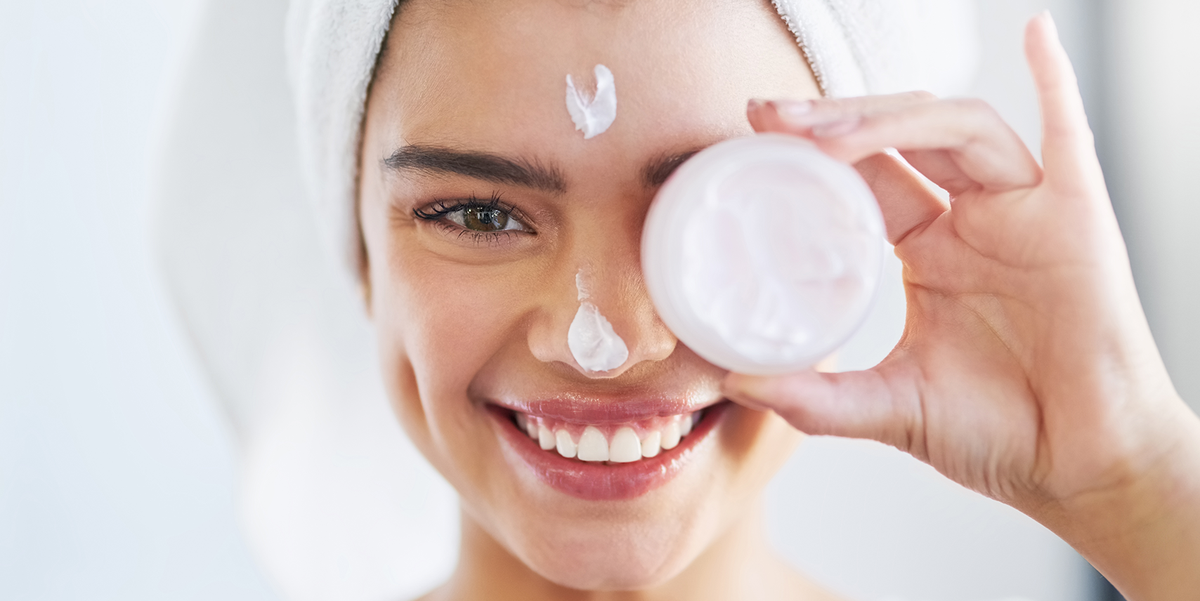The appearance and condition of your face skin depend on many factors, such as diet, hormone levels, skin products you use, and even overall health. If you want to have beautiful and healthy skin you need to understand how these factors affect one another. We’ve collected some effective advice that will help you improve your skin complexion as well as overall health.
1. Consume more water
Did you know that your skin contains 64 percent water? That’s why the amount of water you consume is important for keeping it healthy and moisturized.
Insufficient water intake leads to dull and dry skin, wrinkles, and large pores while proper fluid intake improves skin elasticity and prevents irritations and blemishes which means that skin is less prone to wrinkles, cracks, and age spots.
To improve the condition of the skin, health authorities recommend drinking eight-ounce glasses or about two liters per day. You can get water with different drinks such as tea, coffee, juice as well as with foods, for example, fruits and vegetables.
2. Use a face moisturizer
Certain types of creams help keep skin shiny and moisturized and can prevent wrinkles, dehydration, and blemishes.
3. Replace black tea with green tea
Green tea has anti-inflammatory properties, soothes the skin, and reduces irritations and thus improves skin color. In addition, this drink contains antioxidants that slow down aging and wrinkles. If you are prone to skin irritation, you can try to drink iced green tea since hot drinks can provoke redness.
4. Give up sweets
The sugar contained in these foods changes the structure of collagen and contributes to its deficiency. Collagen is a major component of your skin which is responsible for skin elasticity and hydration. If you consume a lot of sugar your epidermis ages faster, loses smoothness, and becomes porous. Moreover, collagen deficiency can lead to joint pain, loss of mobility, muscle pain, leaky gut, cellulite, and problems with blood flow.
5. Reduce Milk Intake
This is especially important if you have acne. A study by the Harvard School of Public Health found that the more milk the teenaged boys drank, the more often they had acne. Experts believe that the same relationship is relevant for adult women. Therefore if you have acne, try to reduce your milk intake.
6. Don’t touch your face with your hands
Bacteria on your fingers can get your face skin which can result in irritations, inflammations, and pimples. Try not to touch your face with the hands, especially when you are unable to wash your hands.
7. Wash your face properly
Daily washing is essential for face skin. However, improper face-washing can result in skin problems, therefore, it’s important to wash the face the right way. If your skin is sensitive or acne-prone, you need to wash it with lukewarm water since too hot or too cold water can cause skin irritation and dryness.
Choosing a cleanser that’s right for your skin type is also necessary. Try to find a gentle cleanser that won’t result in irritation or other skin problems and don’t forget to apply moisturizer after cleansing.
If you cannot choose the most appropriate cleanser or moisturizer, consult your dermatologist. Sometimes, it’s difficult to find the best option for the skin especially if you don’t know your skin type or you have any skin condition such as eczema, rosacea or psoriasis.
















